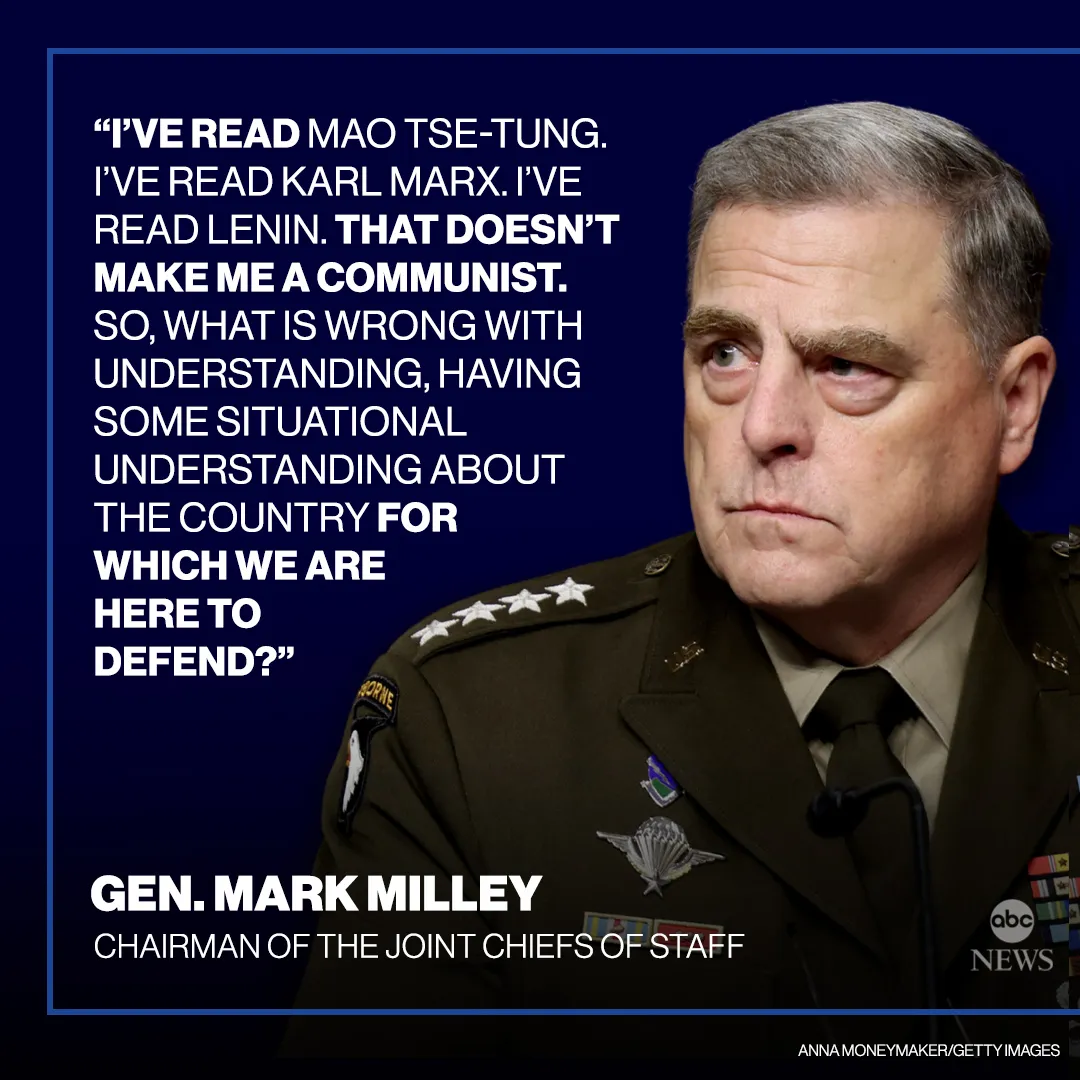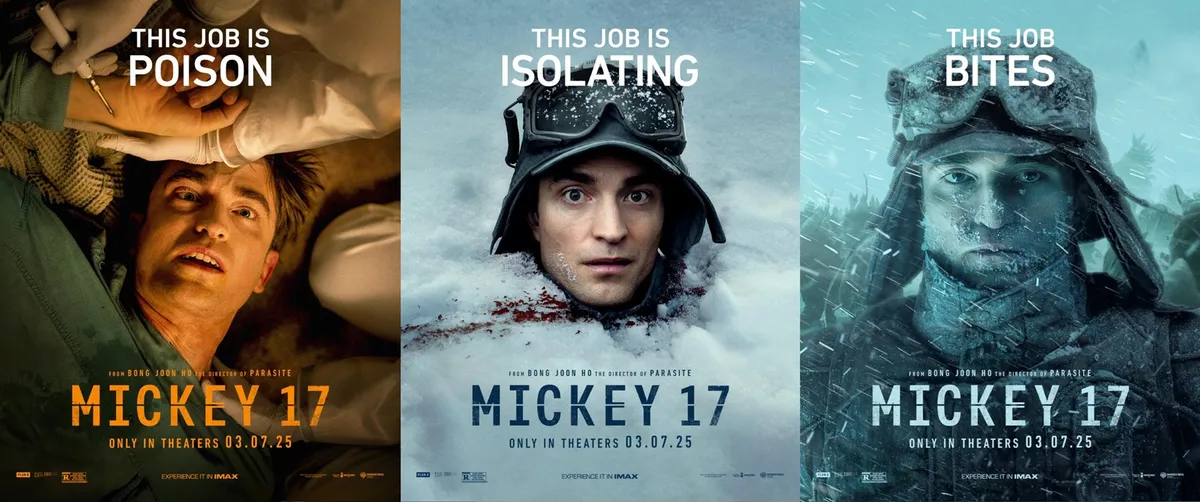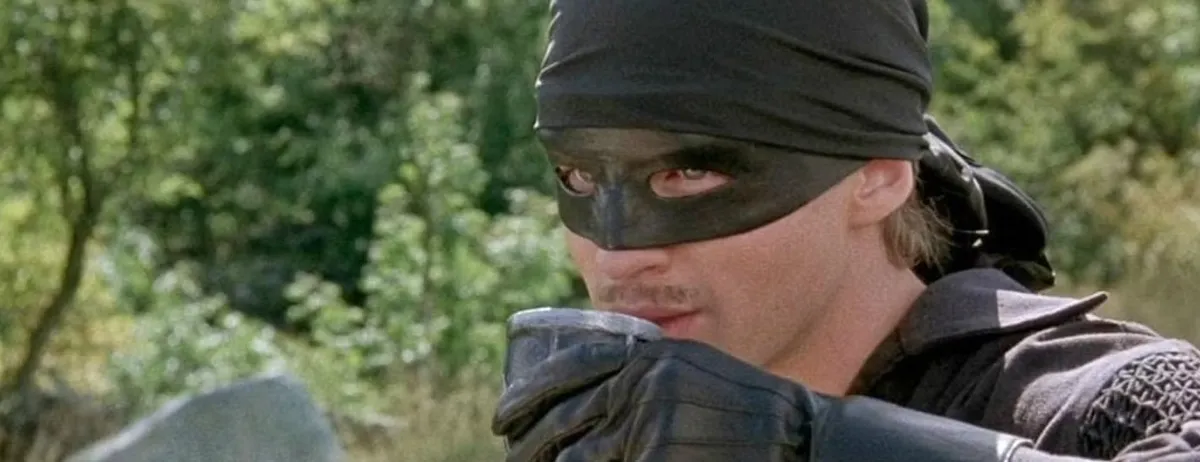🏢Good Apples
I have seen first hand the localised value of resisting the kind of corporate excesses I outlined in Corporate Brutalitarianism last year. While I believe this accurately outlines the dominant dynamic at play within corporations, there is a subversive internal oppositional force that resists it.
The Good Apple.
I have for the majority of my career held management positions in which I did everything in my power to not enact the cruelties that were imposed on me in my earlier days. I have been put to work around dangerous machinery I wasn't qualified to be anywhere near. I've been injured working construction jobs without adequate safety equipment. I've been stalked and had my life threatened by dangerous clients. At 19 I once refused to bin a CV based on the fact that the London-born well-qualified applicant was named Mohammad and would therefore not "respect the authority of a female boss." When I replied1 that I didn't think anyone respected her at this moment, she slapped me so hard in the middle of the open-plan office I saw stars. No one reacted. I was given the next day off as compensation. Seemed fair.
Even in this context the Professional Managerial Class roles I've since advanced to have done me more harm.
The purpose of my career has been to find some means to prevent that harm passing to the next generation. The early days were difficult. I got repeatedly fired for coming into conflict with an ultimatum by management to enact cruelty for cruelty's sake. In refusing these requests I was replaced by someone happy to prove their capacity for obedience. They supplied cruelty in excess of what was required, whether to distinguish themselves from my impotent reign or serve their own internal drives. I leveraged these into advancement opportunities elsewhere, climbing the ladder successfully, leaving behind a wake of people I'd formerly protected now in the clutches of tyrants. The small civilities I provided them on a daily basis vanishing the instant I refused to make my annual sacrifices. What was the point then? Surely the utilitarian calculus demands that you make the sacrifice, minimising the harm another would maximise, and then continue on attempting to make things better right?
This is the progression from good-natured, idealistic entries to management into corporate brutalitarian enforcers. But there are exceptions.
Occasionally, with great luck and some skill, one can make it to a position of genuine power despite these setbacks. They hold enough political sway to begin to influence the dynamics of the system to the genuine benefit of those working there. Overwhelming paranoia was my skill - a metric that began to shift negative, a vibe picked up in a team meeting, a suspicious comment half-related to some project being worked on - I acted immediately. Every negative vector a slippery slope towards apocalypse. The vast majority of the time I was right, things are not spawned if there is no impetus to generate them, and the impetus that generated them will likely fuel their growth as well. Excising these sociogenic tumours as they arise is the surest way to prevent cascading systemic collapses.
Many of the greatest pro-capitalists (not the richest, but the most skilled) in the world will speak behind closed doors of the value of marxist theory, of socialist tomes, not as critiques but as the instruction manuals of the enemy. As guidebooks to maximising their value extraction.

My process would not have worked on these better informed capitalists. I couched socialist rhetoric in corpojargon, extolling the virtues of cost-savings for rehires with the innovation of sustainable working practices. I demonstrated the profit-value-potential in treating employees like humans to maximise their surplus labour production. I kept firm boundaries, treating my team with professionalism, care and concern, while crushing notions of family and friendship in front of them as an example. I told them every day "The Company will never love you back". I told them "My incentives will one day misalign with yours, you cannot trust me. Do not rely on me. Defend your interests and the interests of your peers first and foremost".
I realized too late that they trusted me unconditionally.
By action in conflict with word, I created an unsustainable vision of what work can and should be under postcapitalism, a false utopia. But the incentives remained, the work still ground on, the money was still too little and the cost of living climbing too high. They came in ill, I forced them to go home. They worked all night, I forced them to uninstall Slack. They looked up to me, I begged them not to emulate me. I kept an absolute distinction between my professional self and personal life. They knew nothing real about how I lived my life, how I felt about things, what I really was. They only ever interacted with the severed disassociated psyche I'd crafted to excel in the corporate structure.
A clone I piloted for my working hours and left to gather dust in the corner as I lived the valuable part of my life.
A severed limb.
Mickey 17 & Severance [Minor Spoilers]

In Bong Joon Ho's Mickey 17 and Ben Stiller's Severance, the workers are exploited by macabre systems of cruelty and bureaucracy, but first and foremost they exploit themselves. Mickey 17, an immortal 'Expendable' reprinted after every workplace death, is victimised by his own more sociopathic clone, furious at his meekness and inability to stand up to corporate authoritarianism. He attempts to kill his milder self to take his place, before turning his attention on the structure. In Severance, office workers separate their daily lives into two halves unaware of the other, sending a version of themselves with no prior memories to work a monotonous office job, before returning without recollection to their normal daily lives. For the "Outie", 8 hours pass in an instant and they live a life of pure leisure, for the "Innie", they exist in an infinite loop of office work without experiencing rest, leisure or sleep beyond occasional pizza parties.
They enslave and dehumanise their own working selves, denying them love, care and affection. These manufactured sociopathic constructs, like all sociopaths, are neglected psyches forced into unbearable conditions that require a disassociation from emotion. Is it any wonder they rebel? That the work-self falls in love with a co-worker despite a happy family at home? That this schism is accelerating the mental health decline of an entire society into stress-induced early sickness and death? That these severed limbs of ourselves grasp for the host, desperate to return? That when you're fired from your job you mourn it as a death? You created a version of yourself to exist in a context, held hostage by those seeking to exploit you for profit.
An important contrast between these two works is the explicit cruelty and violence of Mickey 17 lends itself to violent resistance in a way impossible to enact for the white collar drones of Severance. When a member of the Severance team is "retired", they cease to exist. They disappear back into the outside world, no memory of their existence leaving the walls of the office. As more of the workers leave, more of the memory fades. An entire form of a person has disappeared.
This is a fucking death. And it is inevitable.
Good Apples

Disassociative Identity Disorder is, while controversial (and not a diagnosis I particularly buy into), universally depicted as a means of protection. To isolate trauma to a compartmentalized psyche to limit damage to the whole. It is a tourniquet on a poisoned limb. It does not undo or prevent the trauma, it merely endures it. Perhaps in the enduring it compells further exposure, perhaps if the identity provides too much utility it can never be severed, poison remaining in the body until eventually the separation crumbles and the whole is flooded by toxins all at once. Perhaps the Good Apple is merely a more convincing carrier for the poison, Snow White would turn up her nose at something rotten had its aesthetic matched its intent.
Last week I was hospitalised for stress-induced heart problems, and my new boss, a Good Apple, offered me all the time I needed to recover. But what am I recovering from if not the work? Doesn't this just repeat the cycle? A year or two of oxygen denied to a limb, a year or two of toxins pouring from dying muscle. A sudden release. A crash. A recovery. And so on again. He told me he now has heart problems. His mentor had heart problems. None of us are even 40 yet. None of us left.
I'm not going to change anything, the money is too important, I'm pessimistic there is anything out there with a better return on investment for cauterizing years off the end of my lifespan. I'm not miserable, I'm happy. I've denied the limb autonomy, it doesn't think for itself, it follows commands until it falls off. I don't love it, it's a slave. If I gave it self-actualization it would rebel. If I loved it it'd know what love felt like. It would be the utmost cruelty to give it sapience. To increase its capacity for need beyond what it'll ever be reliably offered.
By this logic, kindness in these structures is the deepest cruelty. The dog that's unsure whether it'll be pet or kicked is the one most dependent on you - desperate to make up for it's negative experiences with the occasional positive one - the memory of kindness shackling it to a dynamic it should flee. Several years on I've seen the people I mentored and cared about move on to other structures and feel the whiplash of being denied the personhood I inadvertently encouraged them to exhibit. They made themselves vulnerable, open and human in ways that may cripple them in the future.
I couldn't tell whether the cruelty I experienced was necessary to be successful.
Mithridatism

There is a unique value to cruelty. Under atomised, schismed, disassociated conditions only pressure forces these magnetically repelling particles back together. Only under intolerable conditions do the limbs reassemble into something approximating a whole. Solidarity by Necessity. This is the real danger of the Good Apple. Each limb remains distinctly connected to one node, spokes structuring a grinding wheel, never meeting together in opposition. Each turn subjugates the lowest while elevating another, never resting on any one long enough to invoke protest. Without a common enemy there are no commons.
One cannot be this node as an advocate in power. You must force people into opposition in non-lethal doses. Performing this Mithridatism2 is crucial to stimulating a powerbase with the wherewithal to oppose Corporate Brutalitarianism.
So goes that the responsibility of a real advocate in power is to deliver the dose in non-lethal quantities, pluck seeds from the Good Apple and feed them one by one - quantities of cyanide that harden rather than maim. Force them into community, ensure they have spaces to communicate totally outside of the corporate structure3, give them reasons to fight and have them fend for themselves. They require mentorship that steels them against the challenges to come. Do not enact cruelty for cruelties sake, but provide them real challenges with real stakes that embolden them to fight. Make sure they understand the tools management have and use to control them. Help them understand the incentives driving others into conflict with them. Rally them against you for their own sakes. Do not tell them your incentives aren't in alignment with theirs, show them and lose.
Prepare them to fight you for real. One day they will have to.
Even Good Apples rot.